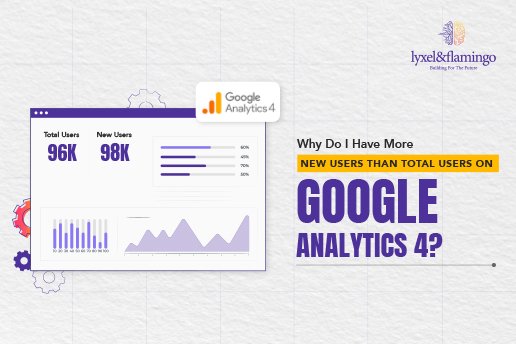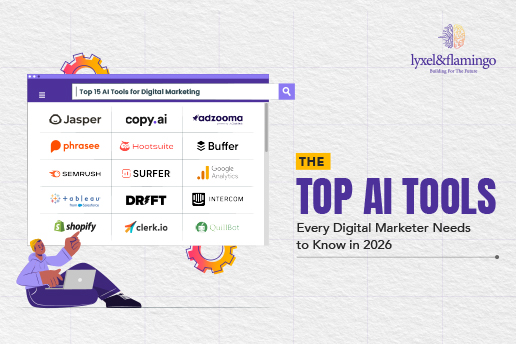Your website is the first impression visitors have of your business. Just like you wouldn’t want your physical storefront to become dusty and outdated, ignoring your website’s performance can lead to serious consequences.
Regular website audits are a must to maintain a healthy online presence, ensure optimal performance, and attract the needed traffic to your website. Now, the question arises – How often should you conduct your website audit? Let’s discuss it in detail:
Signs You Need A Website Audit
While a regular audit schedule already holds significant importance, unforeseen circumstances might demand an immediate website audit. Watch out for these red flags:
- Sudden Drop in Website Traffic
A significant decrease in website traffic is an indication of technical issues. It impacts user experience or your website’s search engine ranking. A website audit will help you identify the culprit and get your website back on track.
- Negative User Reviews
Negative user reviews regarding website functionality or navigation issues are a call to action. Conduct an audit to identify and address these problems as they impact your brand image.
- Website Redesign or Migration
Want to redesign your website or migrate it to a new platform? For this, you need to conduct a pre-migration audit. It’s essential to ensure a smooth transition and identify all potential SEO pitfalls that are affecting your website’s performance.
By staying responsive to these signs, you can maintain an authoritative website presence and make sure it remains a valuable asset for your business.
Website Auditing: Frequency Tailored to Your Performance Goals
There’s no common duration when it comes to website audit frequency. It depends on several factors, including the size and complexity of your website, the industry you operate in, and the duration of your content updates.
Want more insights? Take a look at these key considerations:
- Informational Websites
If you are running a website with static content that doesn’t change frequently, such as company profiles or local business listings, a comprehensive audit once a year will do the work. However, it’s better to conduct a lighter “health check” every 3-6 months to ensure everything is functioning properly and identify any broken links or outdated information.
- E-commerce Websites
E-commerce websites are dynamic entities that demand regular updates with new products, promotions, and features. Regular audits, ideally quarterly or even monthly, are much needed for these websites. This will help you ensure a smooth user experience, optimize product pages for search engines, and identify any technical issues that can impact sales conversions.
- Content Heavy Websites
With a website that publishes fresh content regularly, like blogs or news platforms, you should prioritize website audits. Try to conduct a quarterly audit to identify any technical SEO issues impacting your content visibility and user experience. Also, go for a monthly “content audit” to evaluate the performance of your existing content and identify areas for improvement.
Website audits are an ongoing process, not a one time fix. By proactively identifying and addressing your website issues, you ensure a smooth user experience, optimize search engine ranking, and convert more visitors into customers.
Keep Your Digital Space Open for Business
Regular website audits are an investment in your online success. By working with a professional digital marketing agency like Lyxel&Flamingo, you can develop a customized website audit plan tailored to your specific needs. Their team of experts can conduct comprehensive audits, identify areas for improvement, and provide actionable recommendations to optimize your website for success.
Contact Lyxel&Flamingo today for a consultation and avail their website audit services to tap the full potential of your online presence!









